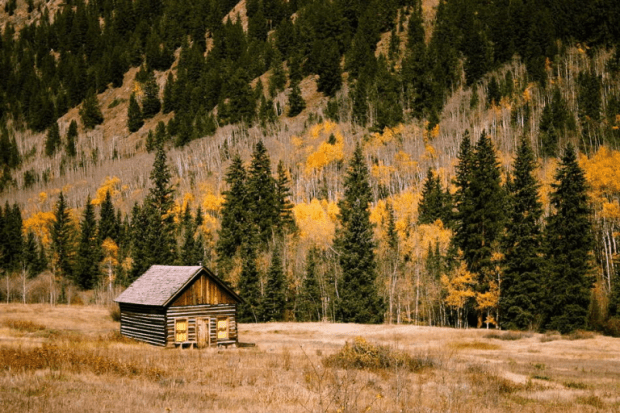The Challenges of Living off the Grid
Living off the grid holds great appeal for many people, states Dennis Sons of Tn Nursery in Tennessee. “Some want to do the right thing for the planet by limiting their dependence on fossil fuels” while others plant trees in hopes of wind power. Others want to invest a bit of money in the short term with the expectation that they’ll end up saving a lot later. After all, power bills only move in one direction. Some people enjoy a challenge — and living without a guaranteed source of power is one of the most significant challenges you’ll ever undertake.
There’s a lot more to living off the grid than finding a source of renewable power, though. If you’d like to get away from civilization and live off the grid, these are just a few of the challenges for which you’ll need to prepare.

Finding a Power Source
The most common sustainable power sources for living off the grid are solar, wind, and hydroelectric power. Many people use multiple sustainable power sources simultaneously because each has drawbacks. You can only collect solar energy during the day, for example. You may not live in an area that receives many breezes, or you may not live in a property with a stream or river. If your property has no source of sustainable power, you may need to move. Your goal is to find a power source — or combination of sources — capable of generating at least 10,000 kWh per year. That’s the yearly power usage of the average American home.
Storing Power
Few sustainable power sources are capable of giving you all the energy that you need every hour of every day. If you genuinely want to live off the grid, you’ll need to invest in a battery backup system. You can expect to spend well over $10,000 on a battery backup system capable of powering a large home for several hours. A battery backup is a requirement for any off-grid home running exclusively on solar energy. It’s really a good idea for any off-grid home, though.
Water Management
If you plan to disconnect your home from all municipal utilities — or live where public services aren’t available — you’ll need to find a reliable source of water. Wells are the most common sources of a private pool, although people in especially coastal areas can build catchment tanks to harvest rainwater. If you intend to store water, though, you’ll need to invest in a filtering and purification system to make the water safe to drink.
Communication
Cellular telephone services boast more excellent coverage today than ever before. Unless you plan to live an extreme distance from the nearest city, maintaining telephone service may not be too difficult because you probably already use your mobile phone more than your landline. Internet service can be a little more challenging to obtain off the grid, though. Many people opt for satellite-based Internet connectivity. Satellite-based Internet services are often very reliable except during poor weather — terrestrial microwave transmitters have difficulty penetrating thick clouds — but they do tend to be slower than traditional broadband services.
Emergency Preparation

Many people choose to go “off the grid” while keeping their homes connected to municipal resources. Their solar panels or wind farms may make them net producers — rather than net buyers — of power, but remaining connected to the grid means that they’ll almost never have a real emergency. If you want to disconnect your home from the network, make sure that you always have some necessary supplies in case your primary power source fails. Some of the essential emergency supplies include a generator and fuel, firewood, and plenty of clean potable water.
Buy all your plants at https://www.tnnursery.net/
